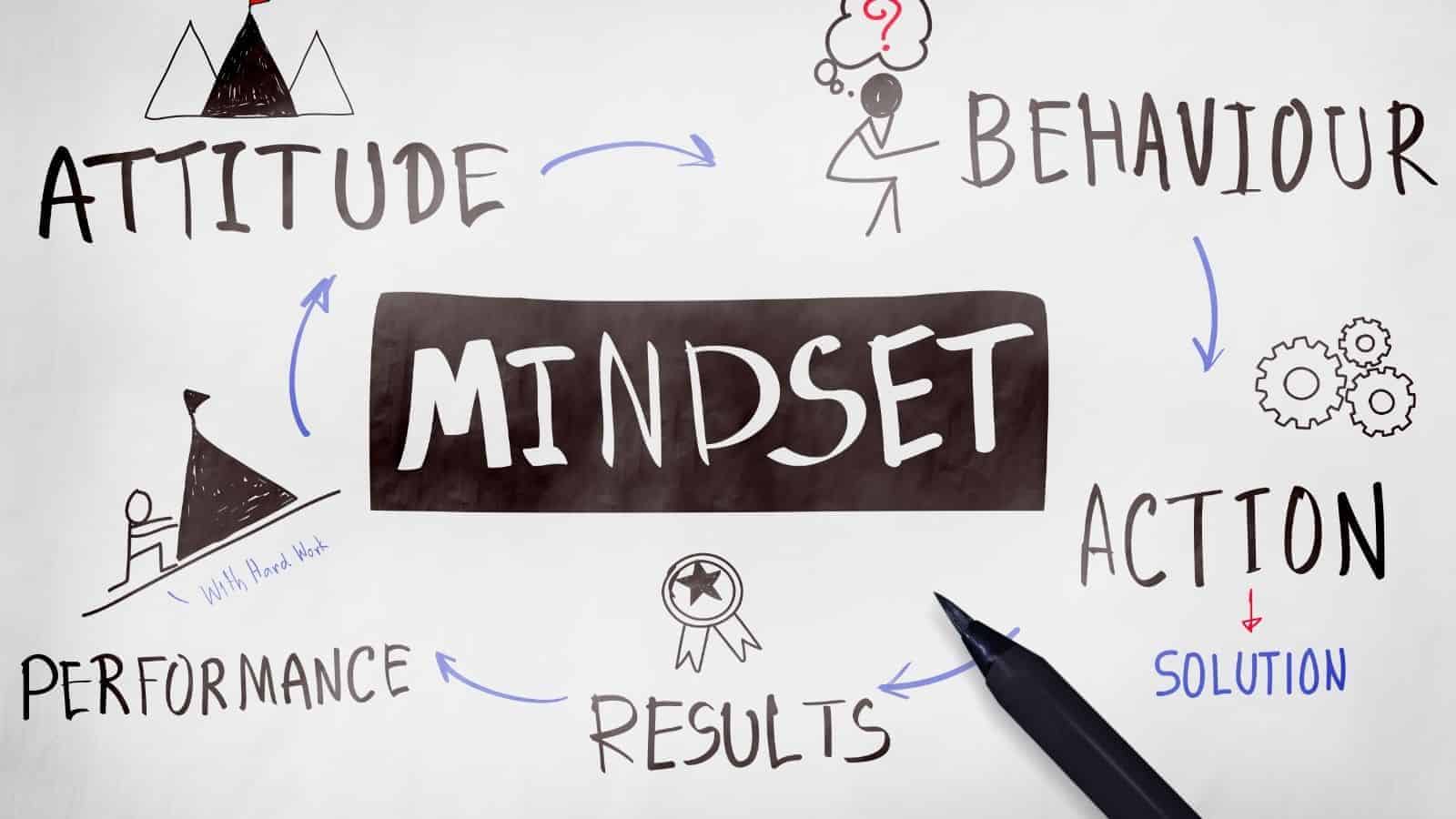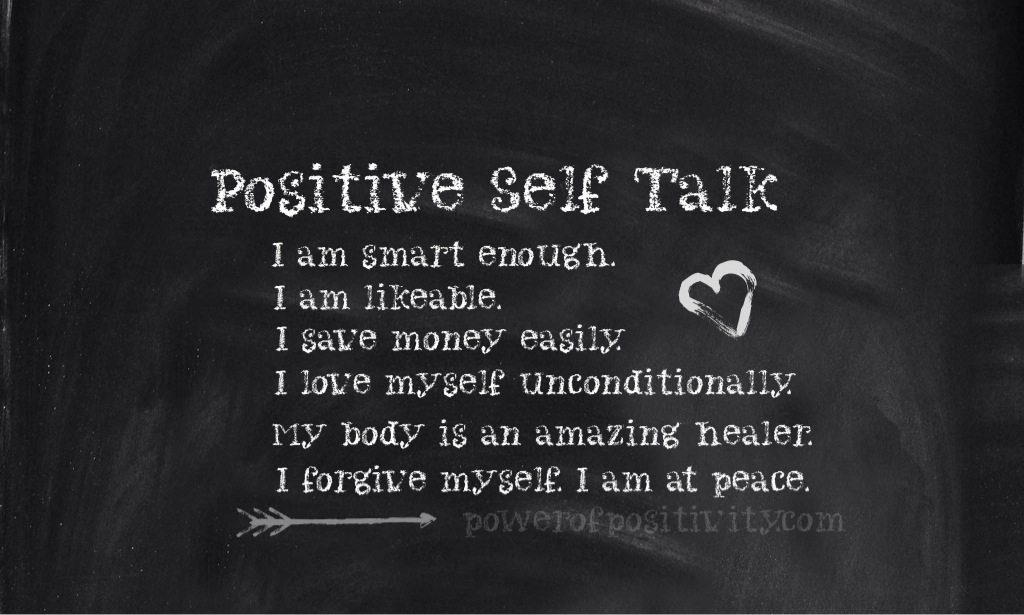Change is inevitable. It can be frightening, it can be sought after, and it can even be so subtle that it goes unnoticed, but one thing remains constant: change is always happening all around you.
If you’re looking to change aspects of your life for the better, you’ve probably found that it’s much easier said than done. Luckily, with the right habits, you can take steps towards improving yourself and enacting change in yourself in the best ways possible. Here are seven simple ways to change how you think and live.
1. Don’t Dwell On Regrets
Regrets are a part of life. It’s normal to experience some degree of remorse over past actions, missed opportunities, and bad decisions. But that outcome does not mean you should dwell upon your regrets and let them consume you. According to research, there are six familiar sources of regrets:
- Career
- Education
- Leisure
- Parenting
- Romance
- Self
Be aware–your mind may automatically fall to these regrets if you have any within these subjects. You must learn to work past these feelings if they exist. Speak to a therapist or similar mental health professional about working through feelings of regret. You’re more energetic when you learn from them without letting them weigh you down.
2. Learn To Reflect By Asking Why
Self-reflection is an indispensable tool for those seeking to impart positive change in their lives and thoughts. When something happens that you feel could have gone better or that you know went badly, pause and dig deep into yourself. Why did this happen? Some questions you can ask yourself are:
- Why does this situation bother me?
- Why did their actions hurt me so much?
- Do I have difficulty with this task or circumstance?
- Where are these emotions stemming from?
- Why did I have such a strong reaction to that situation?
- How can I prevent a lousy reaction next time?
- Could I have avoided this?
- How could I have aided the situation?
These questions encourage you to look inward and find answers that exist in your subconscious. They allow you to think, hard, about your actions and thoughts and where they come from, thus allowing you to begin making changes to prevent repeats of the same incident.
Don’t forget. You can also self-reflect when good things happen! To self-reflect on the positive, ask yourself these questions:
- What led to my success?
- What motivated me to reach this achievement?
- How did I feel when I was in that favorable situation?
- How can I replicate this again in the future?
3. Learn To Love Learning
School systems can make us learn to dislike the process of learning and gaining knowledge. But without all the confines of those rules from your school days, you can, instead, begin to learn on your terms. This new habit can be a lot of fun and is a great way to sharpen your mind and gain the knowledge you need to change how you live and think.
But where do you begin? How can you start learning and enjoying the process? Here are some ideas:
- Read more books
- Watch informational documentaries or videos.
- Take a class in an exciting subject.
- Start learning a new hobby.
- Learn from friends or mentors
4. Use Positive Affirmations
Positive affirmations are powerful tools. They are often used as mantras to be repeated to oneself every morning in the mirror before work, school, or other responsibilities. These affirmations have a fantastic effect on positive thinking, allowing you to slowly fake it till you make it, growing to believe in yourself more and more in the process.
Think about the kind of change you want to see in your life. Then, pick a confident, specific, and forceful statement that moves you towards your goals by affirming that you are the person you wish to be. Finally, repeat this statement for at least ten minutes, once a day:
- I am strong enough to overcome all odds.
- My intelligence makes me a valuable worker.
- I maintain healthy relationships with my friends.
- My efforts bring fruit.
- I am smart, beautiful, and valued.
When making your affirmations, try not to make these mistakes:
Using The Words “Will” or “Shall.” These words put your success permanently in your future and never in your present. Stick to terms in the present tense.
· Putting Anything Negative In Them
Don’t make your affirmations negative, even when the overall message is still right. For example, instead of saying, “I am not harmed by adversity,” say, “I overcome adversity.” It doesn’t seem like much, but that negative spin can affect your chances.
· Giving Up
At first, you will feel silly saying your positive affirmation. That’s normal, and it may take a while before you don’t feel weird repeating them. The goal here is a fake it till you make it type of deal. The more you say these words to yourself, the more you will believe them, and soon when you tell them, you’ll know you’re speaking the truth.
5. Focus On Your Goals
Goals are what motivate you. They’re what you strive towards, against all the odds. When you turn your attention to them, you give power to yourself to change to meet them.
Of course, additional problems can arise if you don’t set goals in a positive or helpful way. Luckily, there are a wealth of tried and true scientific methods to ensure that you set goals correctly. Here are some actionable tips that could be helpful:
· Set Goals You Can Hold Yourself Accountable For
Vagueness is a death sentence for goals. Only set goals that you can actively hold yourself accountable for. To do so, make goals that have definite deadlines, have specific requirements, and can be easily kept track of.
· Make A Motivational Board
Goals are often intangible. You can’t really touch them or even view them directly on a daily basis; they exist only in your mind. A motivational board, also known as a dream board, can give your goals some physical substance to hold onto. Stick pictures, articles, handwritten goal lists, and similar items onto your motivational board and look at it every day. You’re manifesting your goals into a physical form, and that can be very powerful.
· Be Flexible
A lot of people are a bit too steadfast with their goals. Yes, perseverance is a beautiful thing, but that doesn’t mean you have to set your goals in stone. If situations surrounding your life change, your goals can change with them. There’s no shame in needing to make changes to goals depending on your abilities or circumstances. In fact, that’s part of the best method to set goals in the first place! So be flexible.
· Make Sure You Feel Challenged
Goals aren’t worth much if you don’t feel like they’re actually challenging you. Too-easy goals will make you become complacent, and your progress will stagnate or, at best, you’ll achieve a goal that won’t actually be that significant. Make sure your goals are challenging and challenging – but not impossible or too tough – to attain!
6. Be Grateful
A little gratitude goes a long way. Research proves that being grateful can improve social interactions, boost positive thinking, and reduce the risk of developing symptoms of depression.
Still, sometimes, it’s hard to feel grateful, and you may get caught up in the downsides of life. If that applies to you, never fear! Here are a few tips for being grateful in your everyday life:
· Appreciate What You Have
Every day, stop and take stock of all things you have in life that you appreciate. This list can range from something as simple as a roof over your head and having a job to more complex situations, like your witty personality, sharp thinking skills, or the strength you have to overcome difficulties. If you like, you can even keep a gratitude journal, where you write three things you’re grateful for each day.
· Learn To Move Your Thought Patterns To Gratitude
It’s natural for many people to take notice of the bad in their lives before even beginning to notice the good. This is often because the positive parts of life can be quite constant and quickly are taken for granted, while negative things impede areas of life and draw your attention and annoyance. The next time something bad happens, stop. Then, engage in a deep breath and shift your thoughts to blessings and little things that bring you joy. You’ll find plenty of wonderful things you may have been overlooking!
· Savor Your Successes
A lot of us don’t take a good amount of time to celebrate our successes and achievements. Don’t make this mistake. There’s nothing wrong with giving yourself credit or celebrating a little when you achieve a goal or find success. Cement this victory in your mind and remember that feeling of joy, excitement, and fulfillment. This is a win that you should remember and look back on, so you appreciate your achievements and how far you’ve come.
7. Accept Who You Are
Here’s the truth of the matter: there is only one person who can change how you think and live, and that person is you. The irony of it all is that you can’t change yourself if you don’t like yourself first. Yes, really!
Why is this the case? Well, if you don’t love yourself, you won’t be able to work towards improvement in the way that you want to. Think about it – do you want to help people you don’t like? The same concept applies to yourself. You’re not going to want to help yourself to the true best extent of your abilities if you dislike who you are as a person.
It can be difficult to accept yourself, but here are some ideas for how to begin working on it:
- Practice regular self-care
- Admire yourself in the mirror
- Give yourself treats now and then.
- Repeat positive mantras
- Appreciate the person that you are
 Final Thoughts On Some Simple Ways To Change How You Think And Live
Final Thoughts On Some Simple Ways To Change How You Think And Live
It’s certainly not easy to enact big changes in your life. The way you think can be so ingrained in you that you struggle to overcome it. But by following these seven simple ways to change how you think and live, you will, slowly but surely, find methods that work for you. Don’t be afraid to reach out for help from loved ones or mental health professionals if you need it!



















